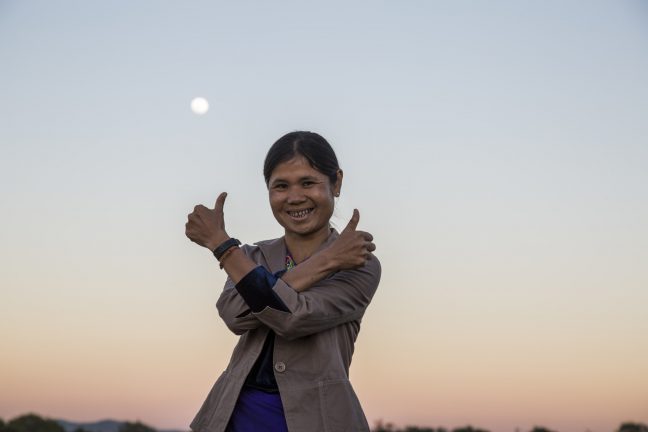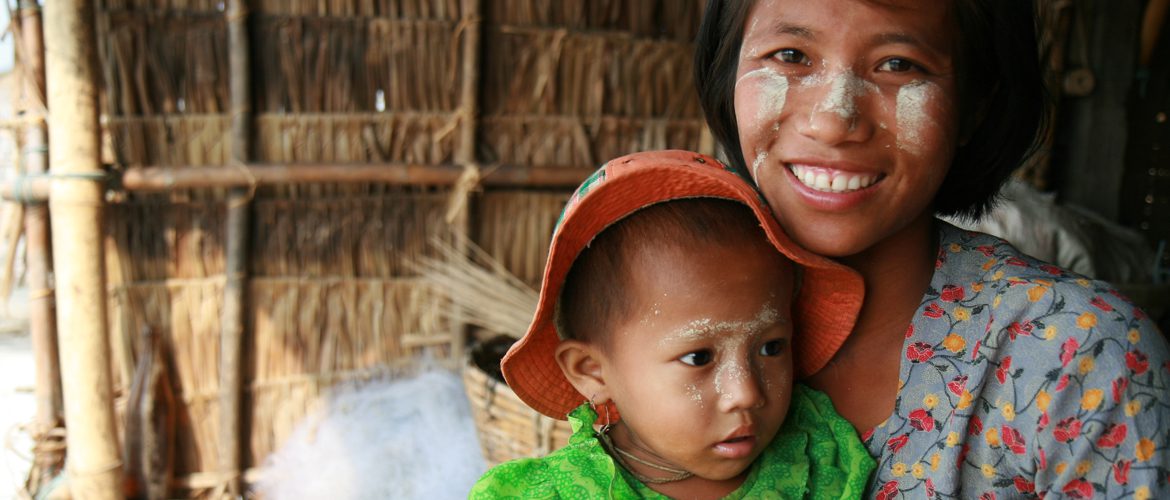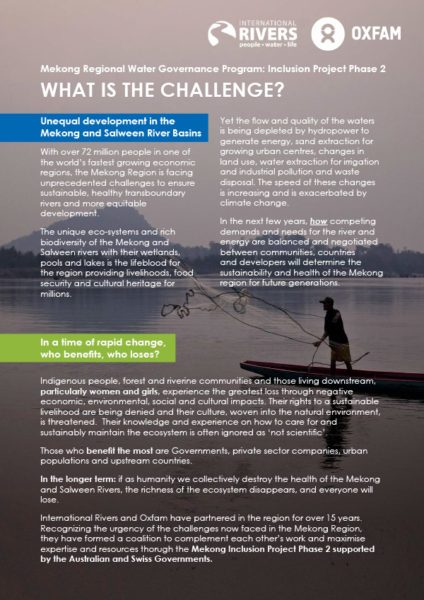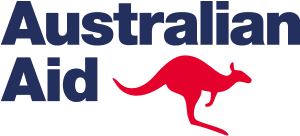OUR WORK IN MYANMAR
Quick facts
- 53 million people
- 6.4% living on less than USD $1.90 / day
- 17.3% of women have experienced intimate partner violence
Myanmar is undergoing fast and complex changes, all with the potential either to relieve or exacerbate the poverty, conflict, inequality and vulnerability which characterise the lives of the vast majority of women and men.
Oxfam Australia’s goal is to contribute to the reduction of poverty and inequality and to foster the resilience and long-term security of communities affected by conflict and disasters.
We also aim to increase the power of men and women to harness the benefits of political reforms and economic development. The rights of women are at the heart of our work.
Oxfam’s is also working in Myanmar to strengthen local civil society and communities to participate in decisions and management around water governance to ensure fair and sustainable usage. Six countries, including Myanmar, depend on the Mekong River region to provide water for agriculture and fishing, energy and supporting bio-diverse ecosystems – their fates are all connected. Oxfam has a long history of supporting rural farming and fishing communities throughout the Mekong region. The area is rich in natural resources but there are growing concerns that climate change and competing interests in water management are leading to instability and food insecurity, worsening the divide between rich and poor, and making life much harder for rural communities by putting pressure on the natural systems that underpin their livelihoods and well-being.
Key areas of work
Governance & Social Accountability, Sanitation
One story of change

The Salween is one of the world’s longest free-flowing rivers. Rich in biodiversity, it sustains the livelihoods of more than10 million people—including Daw Awe Kyi (pictured above) who told us that: “The Salween River is important for many ethnic groups. It’s a great source of our daily food because our livelihoods depend on growing vegetables, rice and other crops twice a year.”
Nutrients from the river fertilise people’s vegetable gardens and farms, but they also support local fisheries, providing vital dietary protein for river communities. That’s why Oxfam partners with Kalyana Mitta Foundation (KMF) to implement the Water Governance program, which aims to ensure all people living along the banks of the Salween have equitable access to water resources. “After many training sessions provided by KMF, I feel very confident leading my community —especially to help [other] Shan ethnic women gain leadership skills,” says Daw Aye Kyi. She teaches villagers about land rights and human rights and explains the impacts of hydropower development projects in their region: in recent years, proposals to dam the Salween —both upstream in China and downstream in Myanmar —have raised social and environmental concerns.
Daw Aye Kyi has taken part in many KMF campaigns, but she’s particularly proud of the We Love Salween campaign, which brought attention to the ongoing hydropower project in Kayah State. “KMF and Oxfam made this campaign happen to promote awareness, to love and value the Salween, and motivate us to maintain the water resources. We have to help each other to keep our Salween safe and free-flowing.”
Key projects
Mekong Inclusion
Building on the success of the Inclusion Project, funded by the Australian Government from 2014 to 2019, Inclusion Project Phase 2 started in 2020 and is part of Oxfam’s Mekong Water Governance Program. It is funded by the Australian Government and the Swiss Government, and implemented by Oxfam and International Rivers.
Through this project we continue to support local communities in the Mekong area in Laos, Cambodia, Vietnam, Myanmar and Thailand, to engage in decision making on the water resources they rely on for their livelihood and well-being. In particular, we focus on empowering women to lead, and on policy dialogue that is inclusive of local people and civil society.
Oxfam’s work across the Mekong region with farmer and fisher communities in our Mekong Water Governance Program has consistently shown that when local people are involved in decisions about the use of their land and resources there is more likelihood that development will be equitable and sustainable. Right now, many development processes are not inclusive at all.
For instance, people whose livelihoods are reliant on water resources are generally not included in decisions on water infrastructure – such as hydropower dams. At best people may be included at the last minute when they’re forced to resettle or to adapt to new situations where their land or waters have been taken away, or fundamentally changed. The Inclusion Project Phase 2 aims to achieve more informed, transparent and accountable water resource governance and renewable energy infrastructure decision making in the Mekong region.
The project is divided in three components:
- Inclusion and gender equality: to strengthen women leaders’ capacity and promote gender analysis in policies and practices.
- Civil society engagement and networking: to connect civil society organisations, help them become more inclusive of women and minorities and strengthen their capacity to engage with national and regional actors.
- Government and private sector engagement: to foster opportunities for engagement with civil society on issues related to hydropower and renewable energy




